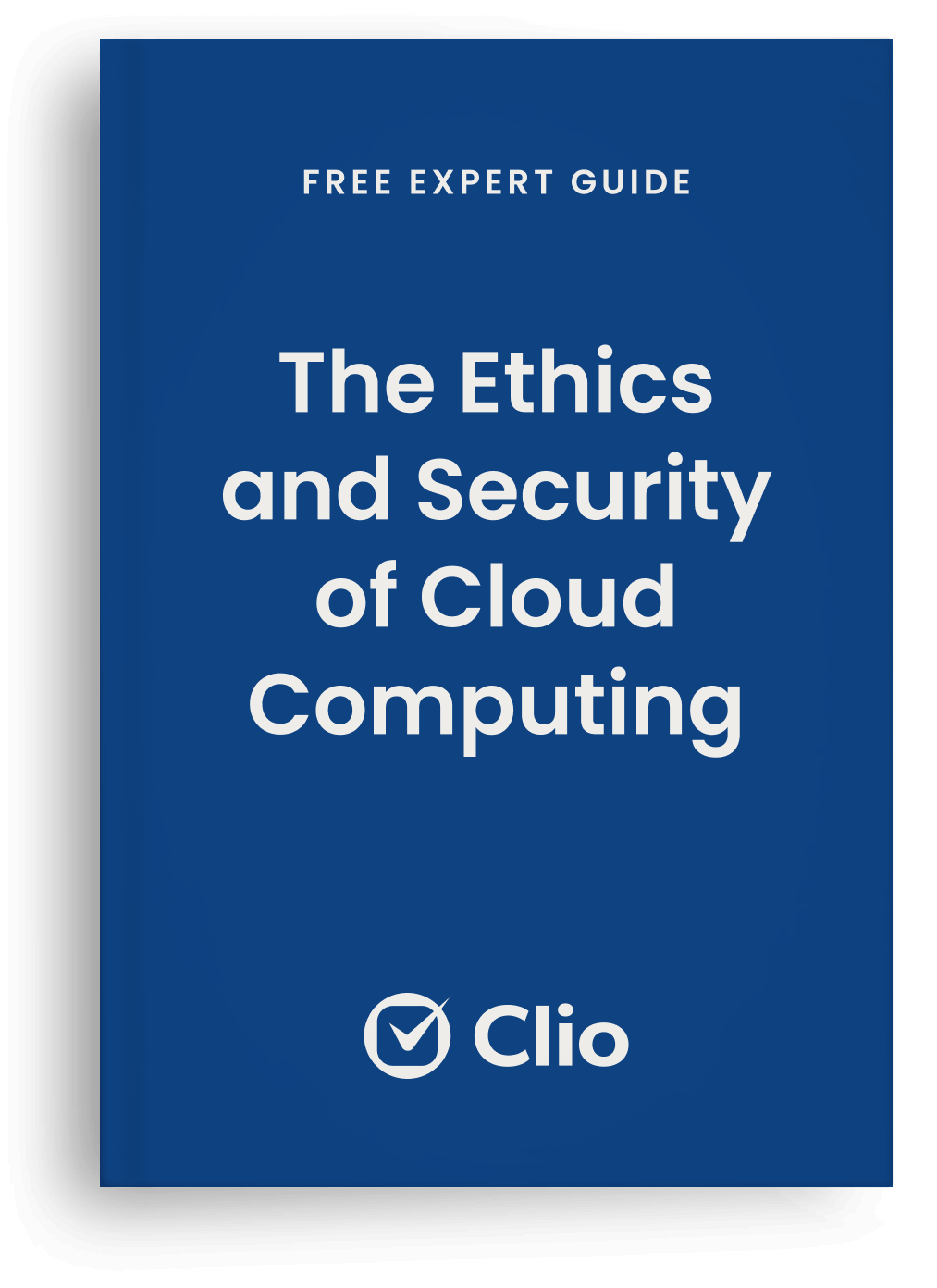Frequently Asked Questions
What are the benefits of using legal cloud computing?
Legal Cloud Computing offers several benefits, including increased flexibility and scalability, cost savings, improved collaboration and accessibility, enhanced data security and backup, and simplified IT management.
Are there any risks or concerns associated with Legal Cloud Computing?
While legal cloud computing offers numerous advantages, there are also potential risks and concerns to consider. These may include data privacy and confidentiality issues, regulatory compliance challenges, potential service disruptions or outages, and the need for robust security measures to protect sensitive legal information.

The Ethics and Security of Cloud Computing
Maximize the potential of cloud computing for your law firm with this comprehensive guide. Learn how to harness the power of cloud technology, improve data security, streamline operations, enhance collaboration, and gain a competitive edge in the legal industry.





